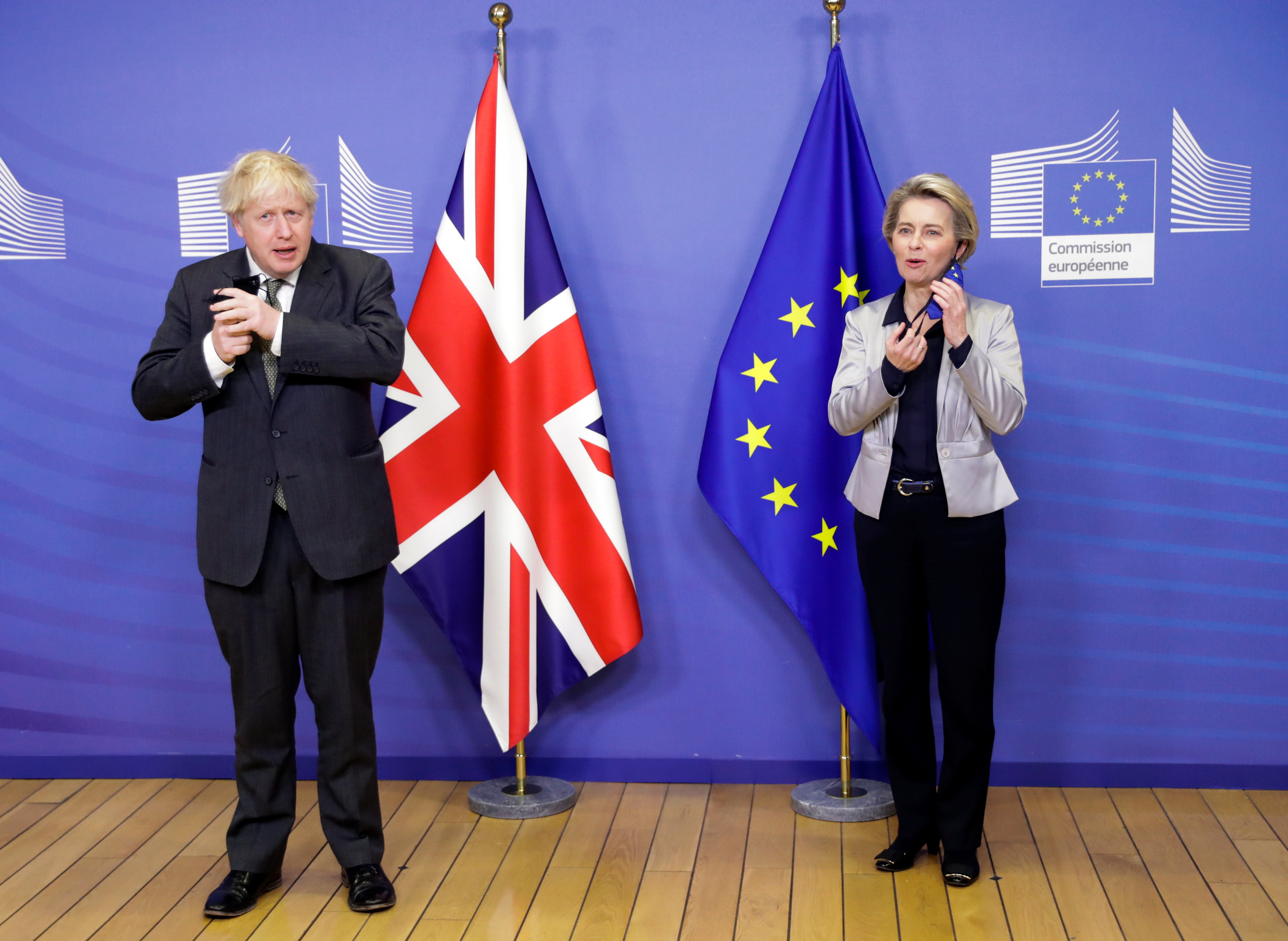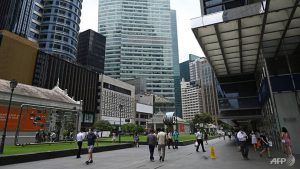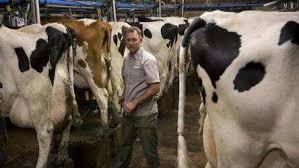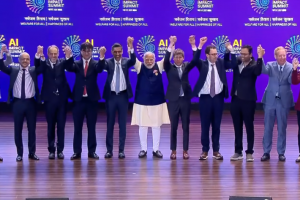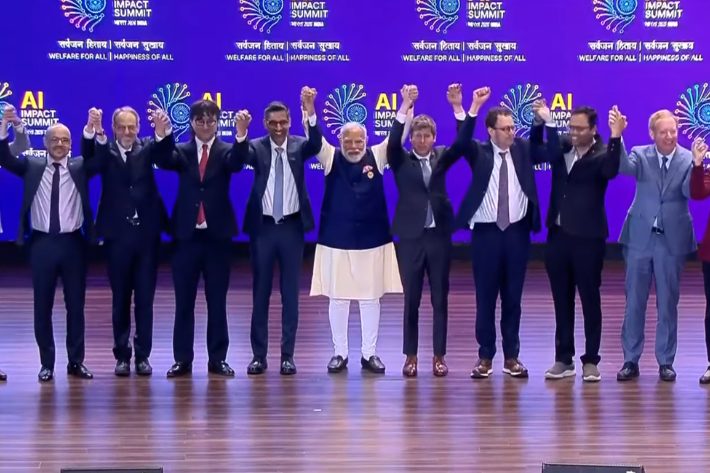Brexit is less than a month old but the UK is already paying a heavy price for its decision to quit the European Union, the world’s largest free trade area – and Asia can learn lessons from what threatens to be a monumental act of self-harm.
Remainers who wanted to stay in the EU had long warned that Brexit would be an economic tragedy. But few expected it to be farce, too as a British truck driver had his ham and cheese sandwich confiscated by a Dutch customs officer, who smilingly explained “Welcome to the Brexit, sir” and a Brit living in Gibraltar, a UK colony, was forced to hand over a bottle of hot sauce at the border with Spain.
Both have fallen foul of Prime Minister Boris Johnson’s determination to drive through a hard Brexit. The deal sealed just before Christmas secured tariff and quota-free goods trade with the EU, but in the name of reclaiming “sovereignty” Johnson insisted on leaving the EU single market and customs union, which in effect erased barriers to trade across internal EU borders.
Read more: Will Biden force China into a green energy investment race?
One consequence of this move is that to protect health and sanitary standards in the single market, the EU forbids visitors from third countries to bring in “products of animal origin” such as ham sandwiches and vegetable-based condiments.
More seriously for the economy, exporters face a thicket of new red tape, from customs forms to fiddly rules of origin, that have quickly gummed up trade.
Fish is being left to rot because of border delays, prompting a demonstration by Scottish fishermen in London.
Some hauliers have stopped shipping to and from Britain, or are levying surcharges, due to the additional paperwork while some small firms have suspended exporting to the EU because of the extra cost and hassle.
For the £33 billion-a-year chemical industry, recreating the EU’s regulations will cost as much as £1 billion.
BADLY EXPOSED
Services, the UK economy’s strong suit, are also badly exposed. The Brexit deal excluded new trading arrangements for the financial sector, which accounts for 7% of GDP, while people in the creative industries and professionals such as lawyers and architects face strict curbs on working in the EU.
On the first day of post-Brexit trading in the City of London, ?6 billion of EU share trading instantly migrated to European capitals and some trading in financial derivatives has moved to the US and the Netherlands.
Musicians, who will now need visas and equipment permits to go on tour in the EU, have protested at being “shamefully failed” by the agreement.
Anti-EU campaigners brushed aside warnings of post-Brexit chaos as the fevered imagination of “Project Fear”. Presenting the Brexit deal, Johnson declared that it would erect no new non-tariff barriers. Either he was showing a Trumpian disregard for the facts or he had forgotten that his own officials had estimated that filling in 215 million import and export forms would cost business £7.5 billion a year.
COMPETITIVE EDGE
No doubt companies will adapt and get used to the new rules. Life will go on. Indeed, Nissan, the owner of the UK’s largest car factory, said Brexit had given it a competitive edge on car battery tariffs. Nonetheless, under the bare-bones deal that Johnson has signed, official estimates are that the economy will be about 5% smaller in 15 years’ time than it would have been inside the EU.
Doing less business with the EU, by far the country’s largest trading partner, will not only dent export income but also expose UK firms to less competition, dulling the imperative to innovate and improve productivity – the elixir of growth and rising living standards.
As former cabinet minister Michael Heseltine put it: “We must welcome the news that Brexit does not end in the chaos of no deal, but only with the sense of relief of a condemned man informed that his execution has been commuted to a life sentence.”
Johnson hopes that a buccaneering Global Britain, freed from the legal and bureaucratic shackles of the EU, will flourish both economically and politically by blazing its own trail in the world.
REGAINING SOVEREIGNTY
The prime minister dismisses the argument, diplomatically but firmly put by European Commission President Ursula von der Leyen, that in regaining sovereignty the UK has squandered power. But in a world dividing into three economic and technological blocs – the US, Sinocentric Asia and the EU – the onus will be on Johnson to show the UK carries more clout on its own than as a member of what was a 28-country bloc with a population of over 510 million.
Certainly, the EU is more likely to be strengthened than weakened by the departure of a country that never felt fully at home in Europe and consistently pushed back against deeper political integration.
It is quite possible, for example, that if it was still a member the UK would have blocked the EU’s landmark ?750 billion post-pandemic economic recovery fund, which will be financed with commonly issued debt and consist in part of grants.
Robin Niblett, the director of Chatham House, a leading London think-tank, says Britain should put aside aspirations of grandeur. Instead it should draw on its soft power and diplomatic network to become a global broker and practical solution seeker on big problems such as climate change and cybersecurity.
POSITIVE OUTCOMES
“Britain will fail if it now tries to reincarnate itself as an independently influential miniature great power,” Niblett writes. “It should focus instead on being an enabler of positive international outcomes.”
So what are the lessons for Asia from Brexit? First, as the US has learned the hard way over the past four years, good government is important. It must be prized. After the EU referendum in June 2016, it took the UK more than four years to negotiate a departure deal that left its important service industries in limbo and gave exporters only a few hours’ notice of the new bureaucratic barriers they would face.
The roll-out of Covid-19 vaccines is going well, but otherwise the UK’s management of the pandemic has been amateurish. Contrast and compare with South Korea, Taiwan and Singapore.
Second, free trade is a fragile plant. Clumsy, ideological politicians can easily trample on it. A row over forced wartime labour led Japan in 2019 to tighten curbs on exports to South Korea of high-tech materials used in smartphones and chips. China is brazenly blocking a big chunk of exports from Australia to punish it for seeking an enquiry into the causes of the pandemic. Governments need to grow up and keep trade out of diplomatic disputes.
SUPPLY CHAINS
Third, in a three-bloc world, going it alone is a gamble. With globalisation arguably past its high-water mark, Asian countries need to build on the recent RCEP and CPTPP multilateral trade and investment liberalisation agreements to foster the development of regional supply chains.
The Brexit deal is the first of its kind, an un-free trade agreement that wilfully raises barriers to trade, not lowers them. The economic impact will be felt slowly in the form of growth foregone, reduced investment and diminished productivity. Corrosion, not collapse, is the most likely outcome. As the initial fall-out is demonstrating, that still doesn’t make Brexit a good idea.
- Alan Wheatley was the global economics correspondent and China economics editor for Reuters.




